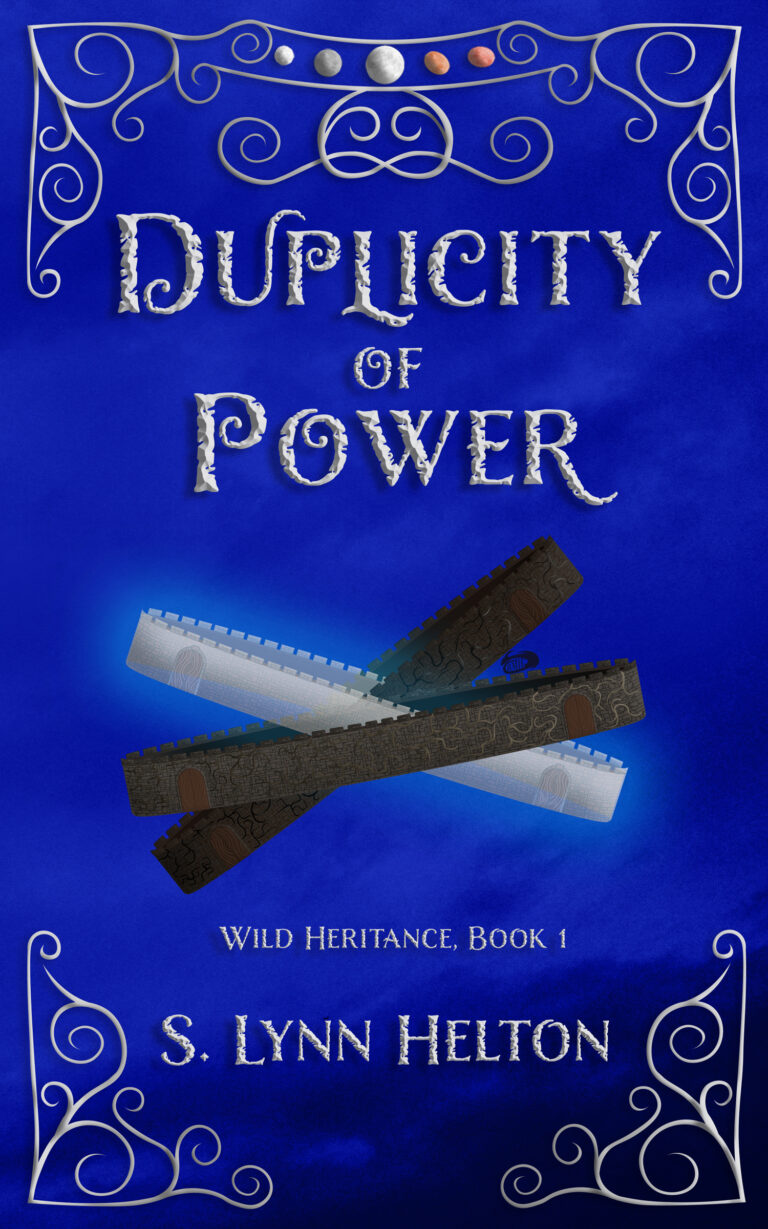Although we will go into reviewing different paid editorial review places in future articles (Kirkus, BlueInk, Foreword etc.), this article will focus on the generalized risk that is involved in purchasing services from any of these organizations.
You will notice, when you first begin to research the efficacy of these different offers, that there are some people who like one but not another – some will rave about getting an honest, great review from one, then you’ll read another entry that will suggest they did the complete opposite for them, resulting in not only a poor review, but an inaccurate one.
As is logically understood, anyone reading your book is a person. This means that they will come into it with their own tastes and biases, and read it as a reader. It is the hope, as is stated by these organizations, that their reviewers are professionals in the field, and accordingly, will give your work a fair shake, despite not promising a positive review. From what we have heard from authors, most people understand this risk and go into it accordingly.
The complaint most authors have with one or more of these services is that they simply do not get a professional result. That is to say, the review is written in a poor format, parrots inaccurate facts or arcs, and when brought to their attention, is defended as “subjective” to the reviewer, which they have the right to be.
What must be considered is the distinction between paid and voluntary reviews – when a person is being paid to read your work, their goal is to write a review, not read your book. When a person is voluntarily reading your work, they are choosing to do so based on the cover, blurb, and feel of it. This does not guarantee a positive or accurate review, but certainly changes the probability by a huge margin.
When a person is being paid to read your work, their goal is to write a review, not read your book.
This is why Editors Weekly refuses to charge for reviews, and in fact, our reviewers purchase the books at their expense; we believe that the reviewer should want to read your work so badly, that they are willing to invest in it. As well, our review queue is completely voluntary. So how does the EDW Author program relate? Not only do we want our reviewers to invest in you, but they want to know that you are investing in yourself. By investing in your author account, it makes your work stand out to our reviewers as more likely to have been copy edited and edited thoroughly, as your willingness to invest in yourself allows our voluntary reviewers to invest in you. Most importantly, there is no compensation provided to reviewers for reviews.
Have a book you want reviewed? Submit it to us for absolutely free.











